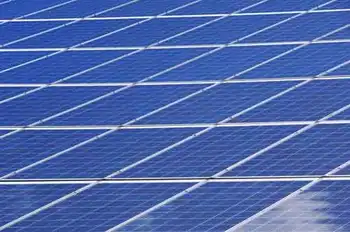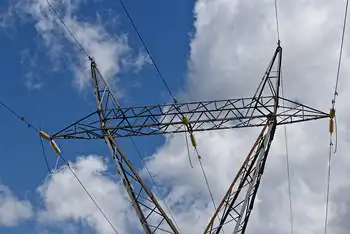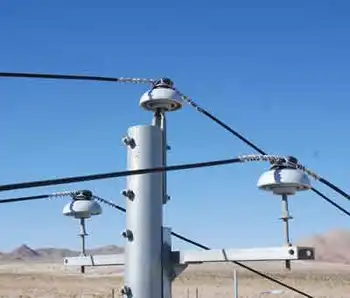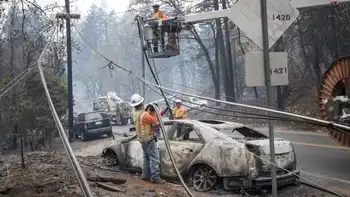Pierre Fortin to leave Canadian Hydropower Association
During his term as President, the CHA has become not only a leader in the energy sector, but also the recognized voice of the hydropower industry in Canada.
Colin L. Clark, Executive Vice President & Chief Technical Officer of Brookfield Renewable Power Inc., and Chair of the Board of the Canadian Hydropower Association (CHA), says of Mr. Fortin's departure: "As the first Executive Director of the CHA, Pierre Fortin played a central role in developing the Association from its inception in 1998 to an organization that is highly respected by the public, the energy sector, and all levels of government. The CHA is grateful for Mr. Fortin's valuable contributions to the industry, and for the support that he will provide to the association over the next six months."
Commenting on his upcoming departure, Mr. Fortin said, "While I will be leaving the CHA after 10 exciting years, I plan to be available to assist government, the hydropower industry and others in my area of expertise. I'd like to add that I wish the CHA and the hydropower industry continued success in the future."
Mr. Fortin has had a very successful career in the public policy arena, having worked in senior levels of the federal government, including Treasury Board, Industry, Finance and Justice, as well as in the business sector. Mr. Fortin's work for the CHA was important for positioning hydropower as a clean and renewable energy in Canada.
The CHA has begun the process of searching for Mr. Fortin's successor.
Related News

Biggest in Canada: Bruce Power doubles PPE donation
WINGHAM, ONT. - The world’s largest nuclear plant, just made Canada’s largest donation of personal protective equipment (PPE).
Bruce Power is doubling it’s initial donation of 600,000 masks, gloves and gowns for front-line health workers, to 1.2 million pieces of PPE.
The company, which operates the Bruce Nuclear station near Kincardine, Ont. plans to have the equipment in the hands of hospitals, long-term care homes and first responders by the end of April.
It’s not the only thing Bruce Power is doing to help out Ontario during the COVID-19 pandemic:
Bruce Power has donated $300,000 to 37 food banks in Midwestern Ontario.
- They’re also working…





